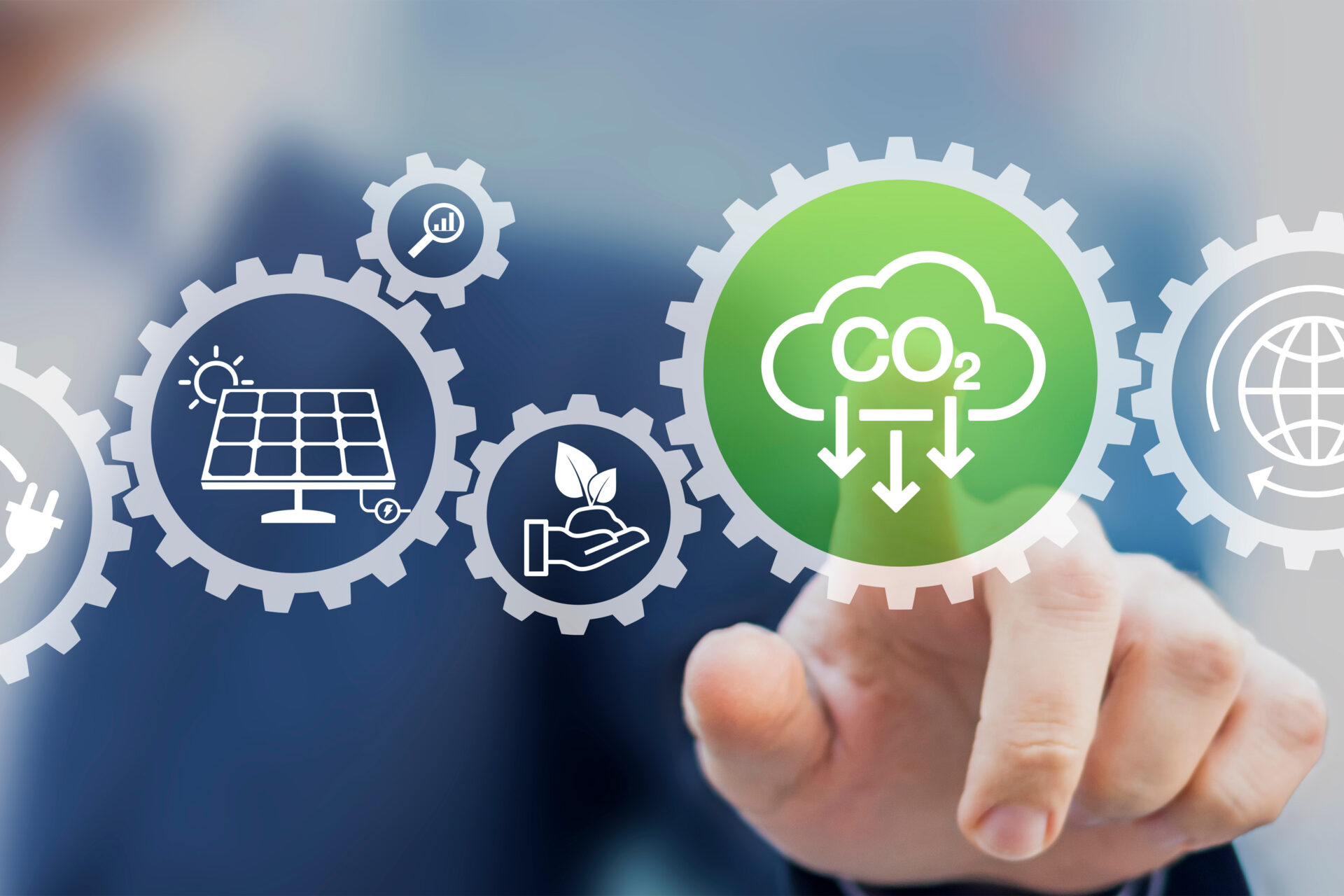In line with global practices, India is crafting its decarbonization strategy to reduce emissions and drive investments. One of the initiatives in this direction is the production linked incentives (PLIs) that offer financial incentives (tax rebates / import and export duty concessions/ other incentives) to manufacturers for meeting specific milestones in sales, linked indirectly to capacity creation. The PLI schemes for Advanced Chemistry Cell (ACC) (INR 181 billion), automotive sector (INR 259.38 billion) and Faster Adoption of Manufacturing of Electric Vehicles (FAME) (INR 100 billion) will enable India to shift from traditional fossil fuel-based automobile transportation system to environmentally cleaner, sustainable, advanced and more efficient Electric Vehicles (EV) based system. Similarly, the Government has allocated a total domestic manufacturing capacity of 48,337 MW with a cumulative support of more than INR 185 billion under the PLI Scheme for High Efficiency Solar PV Modules.
The government has also been using specific tax incentives such as lower taxes on environmentally friendly products such as EVs and ethanol. As an example, EVs attract a GST of 5% against 28% and even more for ICE engine-based vehicles. Similarly, Ethanol for blending with petrol attracts a GST of 5% against 18% for industrial alcohol. More recently, to promote green mobility, excise duty on GST-paid compressed bio-gas was given tax exemption in the Finance Act, of 2023.
India does not have an explicit carbon tax, even though it can be effective in reducing emissions and be a source of additional revenues. However, the coal cess of INR4004 per ton and the high level of taxation on petrol and diesel are examples of an implicit carbon tax. The effective tax on petrol and diesel can be more than 100% in contrast to the general 18% tax on most fuels subject to GST. As an anomaly, clean fuels like natural gas continue to be outside the ambit of GST, thereby impacting its competitiveness as a fuel and India’s ability to reduce emissions.
The Indian government has been using other regulatory measures towards decarbonization. For instance, the Energy Conservation (Amendment) Act, of 2022 has introduced concepts such as carbon trading and mandates the use of non-fossil fuels and energy efficient standards to ensure faster decarbonization and achievement of sustainable development goals.
Going forward, businesses will need to be mindful of the impact of the increasing use of fiscal tools for decarbonization. Besides the potential exposure and tax burden, these tools may involve increased compliances and reporting obligations.




